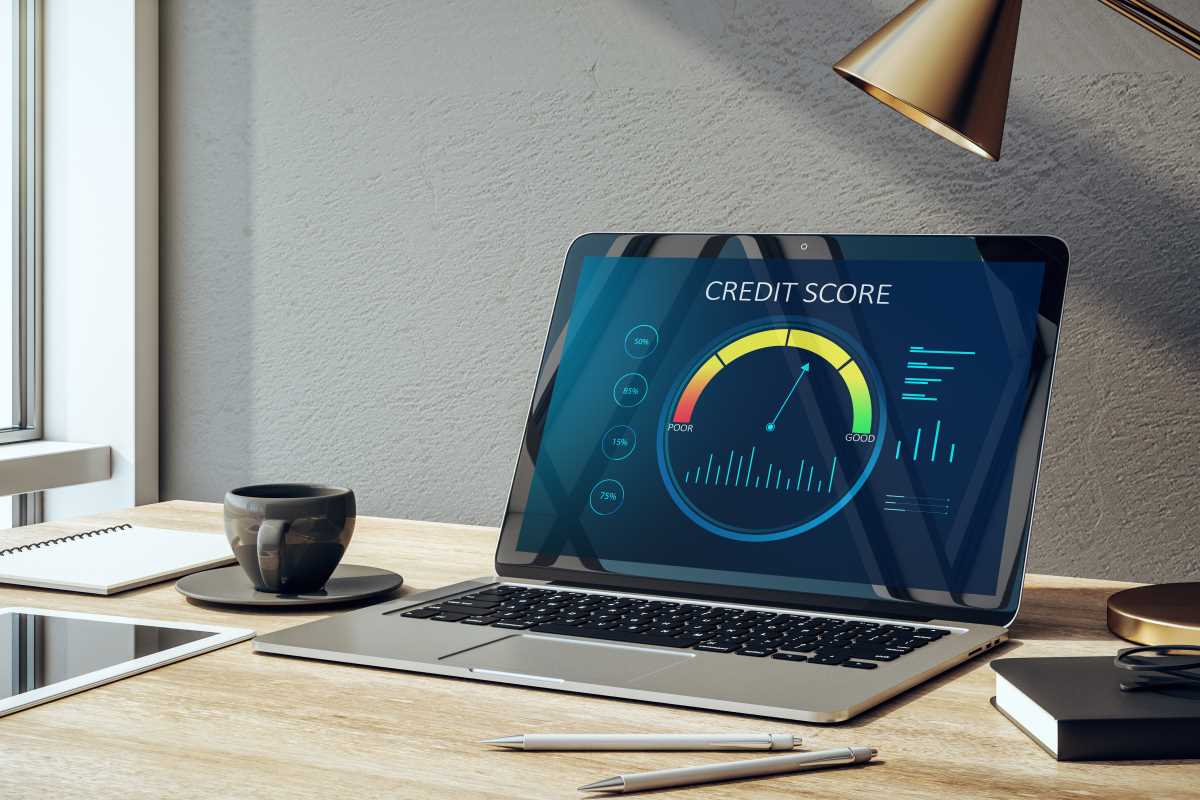Achieving harmony between your financial management and personal well-being is crucial for living a fulfilling life. When you successfully align these areas, you gain more peace of mind and a heightened sense of prosperity. Financial stress can negatively impact your mental and physical health, while overlooking your financial responsibilities can restrict your chances for personal growth and stability. By giving equal importance to both your financial health and personal well-being, you lay down a solid foundation that fosters your overall happiness and success. Such balance not only enhances your life but also opens up a world of opportunities for growth and fulfillment.
Understanding Your Financial Health
Before you can balance your finances with your well-being, understanding where you stand financially is crucial. Assessing your financial health provides clarity on your current situation and helps you make informed decisions moving forward.
- Track Your Income and Expenses: Keep a detailed record of all your sources of income and monthly expenses. This practice helps you identify patterns and areas where you can make adjustments.
- Assess Your Debt: List all your debts, including credit cards, loans, and mortgages. Understanding the total amount you owe and the interest rates helps you prioritize repayment plans.
- Evaluate Your Savings: Review your savings accounts, emergency funds, and investments. Ensure you have enough saved to cover unexpected expenses and future goals.
- Check Your Credit Score: Your credit score affects your ability to secure loans and obtain favorable interest rates. Regularly monitoring your credit score helps you address any discrepancies early.
- Set Financial Goals: Define short-term and long-term financial goals. Whether it's saving for a vacation, buying a home, or planning for retirement, clear goals guide your financial planning.
Budgeting for Balance
Creating and sticking to a budget serves as a fundamental step in achieving financial balance. A well-planned budget ensures you allocate your income effectively, covering essential expenses while also allowing for savings and discretionary spending.
Start by categorizing your expenses into needs and wants. Prioritize essential expenses such as housing, utilities, and groceries, and limit spending on non-essential items. Use budgeting tools or apps to automate tracking and maintain discipline. Regularly review your budget to adjust for changes in income or expenses, ensuring it remains realistic and effective. By maintaining a balanced budget, you can reduce financial stress and create room for investments in your personal well-being.
Investing in Your Well-being
Your well-being is a valuable asset that deserves investment just like your financial portfolio. Allocating resources to improve your health, relationships, and personal growth enhances your overall quality of life and supports your financial stability.
Consider investing in activities that promote mental and physical health, such as joining a gym, taking up a hobby, or attending workshops that encourage personal development. Building a support network with friends and family also contributes to emotional well-being. Prioritize work-life balance by setting boundaries and taking regular breaks to recharge. These investments not only improve your day-to-day happiness but also increase your productivity and resilience in facing financial challenges.
Mindful Spending
Practicing mindful spending involves making conscious choices that align with your values and financial goals. It helps you avoid impulsive purchases and ensures that your money gets spent in ways that genuinely enhance your life.
- Pause Before Purchasing: Take a moment to consider if the item or service is necessary and if it fits within your budget.
- Set Priorities: Identify what matters most to you and allocate funds accordingly, ensuring that essential needs get met first.
- Compare Prices: Research and compare prices before making a purchase to ensure you get the best deal.
- Avoid Emotional Spending: Recognize triggers that lead to impulse buying and find healthier ways to cope with emotions.
- Use Cash for Discretionary Spending: Limit the use of credit cards for non-essential purchases to maintain control over your spending habits.
Integrating Finance and Wellness
Achieving a harmonious relationship between your finances and personal well-being requires integrating practices that support both areas simultaneously. By aligning your financial decisions with your wellness goals, you create a cohesive approach to living a balanced life.
Combining financial planning with wellness practices ensures that each area supports the other. For instance, investing in preventative health measures can reduce future medical expenses, while financial stability provides the security needed to focus on personal growth and happiness. Regularly reassessing both your financial situation and well-being allows you to make adjustments that keep you on track towards a balanced and prosperous life.
Create a sustainable balance between finances and well-being by assessing your financial health, setting a realistic budget, investing in personal growth, and practicing mindful spending. Embrace a journey towards a balanced and fulfilling life where peace and prosperity coexist.







